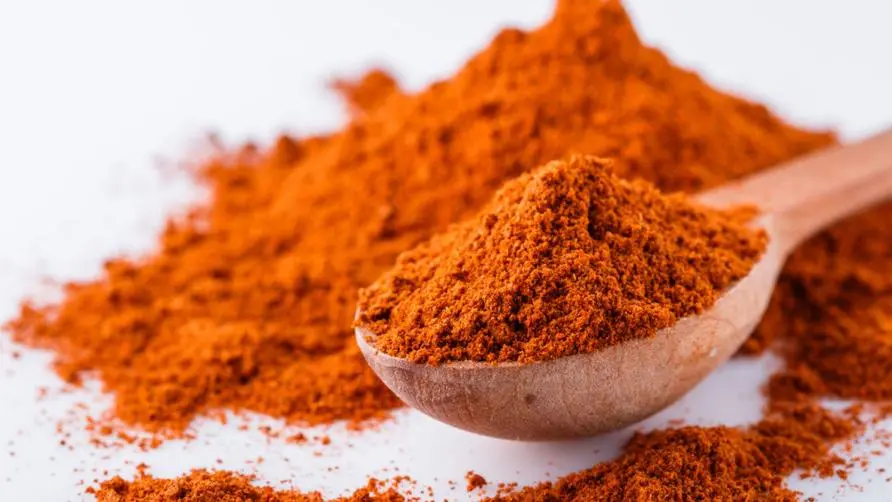Take multivitamins every day to stay fit? JAMA: Lung cancer and cardiovascular mortality may increase

Are taking vitamins effective? JAMA study: increased lung cancer risk and cardiovascular death
Can taking a daily multivitamin supplement really help promote health? With the socio-economic transformation, vitamin supplement products are a common health care concept in developed countries. The National Health and Nutrition Examination Survey of the United States pointed out that more than 52% of the American people surveyed had taken at least one health supplement in the past month, of which 31% were multivitamin and mineral supplements. However, does vitamin supplementation have any effect on reducing the risk of obesity? Are the country’s leading causes of death─cardiovascular disease and cancer related?
The United States Preventive Services Task Force (USPSTF) conducted a retrospective analysis of various studies and concluded that vitamin E supplementation has no clear benefit in preventing cardiovascular disease and cancer, while beta carotene supplementation has more data showing that it will increase absorption. Lung cancer incidence and cardiovascular death risk among smokers and those exposed to asbestos. The study was published in the authoritative medical journal “Journal of the American Medical Association” (JAMA).
Don’t eat beta carotene and vitamin E randomly! Vitamin D supplementation to watch out for hypercalcemia?
The U.S. Preventive Health Services Task Force also reviews the scientific evidence on whether vitamin and mineral supplements pose health risks. Based on various data, in addition to increasing the risk of cardiovascular death and lung cancer with beta-carotene supplementation, two studies on women also have some evidence that vitamin A supplements may increase the risk of hip fractures.
Two other trials of vitamin E supplementation also showed a possible increase in the risk of hemorrhagic stroke, but both had moderate evidence. In addition, the “U.S. Preventive Health Services Task Force” reminds that high doses of vitamin A may cause hepatotoxicity. Regular high-dose vitamin D supplementation carries the risk of hypercalcemia and kidney stones.
The research team pointed out that a pooled analysis of 5 studies showed that people who supplemented beta carotene had a significantly increased risk of cardiovascular disease death during the 4-12 years of investigation; for those with smoking habits or who were exposed to asbestos materials in the workplace, supplementing beta carotene Carotene also increases the risk of lung cancer.
USPSTF conclusion remains the same as eight years ago Healthy adults do not need supplemental vitamin products
As for vitamin E, which is considered to have a powerful “antioxidant” effect, in the results of 9 randomized controlled trials, it also showed “no benefit” in reducing the incidence of cancer and cardiovascular mortality. Vitamin D, which is thought to be associated with various diseases, has no significant benefit in reducing mortality when used as a daily supplement.
The U.S. Preventive Health Services Task Force noted in a research review that for the average adult without underlying health conditions, no special vitamin and mineral supplements are needed. The conclusion of this study is consistent with that of 2014. There is no clear evidence to support that supplementing with multivitamins or single nutritional supplements has obvious benefits in preventing cardiovascular disease and cancer. It is again recommended that ordinary adults should not use beta carotene and vitamin E. prevent disease.
It is more important to consult a physician to evaluate your daily diet before supplementing with vitamin products.
Modern people have uneven diets. Is vitamin supplementation really useless in promoting health? Harvard Medical School pointed out that the “Physicians’ Health Study” is currently the most complete clinical research data. After tracking a large number of male medical staff for more than ten years, it concluded that supplementing with multivitamins seems to slightly reduce the risk of cancer and cataracts, but There is no clear protective effect on cardiovascular diseases, brain cognitive function and other diseases.
Those who support vitamin supplements believe that although there is no clear evidence that multivitamin supplements are helpful, the potential risks and costs are low. At this stage, it is recommended that general community residents, if they really want to take vitamin and mineral supplements, should first consult a doctor and evaluate their daily diet. It is best to communicate with a nutritionist about their nutritional status, and it is not recommended to use high-dose vitamins. A. Vitamin E supplements.
source:
Do multivitamins make you healthier?
Vitamin, Mineral, and Multivitamin Supplementation to Prevent Cardiovascular Disease and Cancer
Further reading:
Isn’t it helpful to take vitamin D? Weight training increases “antioxidant” capacity even better





